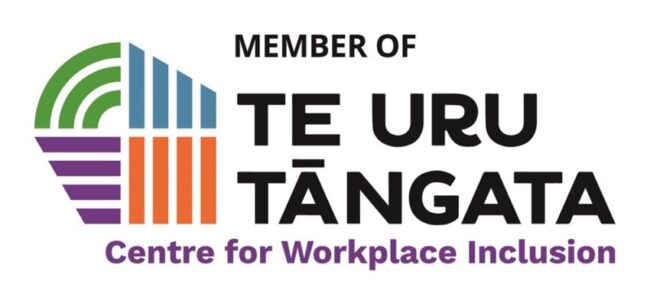Company annual reports may soon feature a mandatory section on climate change, if recent Government proposals are adopted.
Hot on the heels of the Zero Carbon Act, the Government has released a discussion document on proposals to create climate-related reporting obligations for financial market participants and financial institutions. The discussion document is available here.
Specifically, the Government is proposing a “comply-or-explain” reporting model. The basic idea is that reporting entities will follow a recommended reporting code for the relevant disclosures. If the entity does not comply, then it must then explain why. The model is familiar to NZX-listed issuers, who are already subject to “comply-or-explain” corporate governance obligations.
Currently, there are no mandatory reporting requirements that touch directly on climate change-related matters. However, it has become increasingly common for substantial institutions and companies to voluntarily disclose information on some level. The Government’s proposal would see a standardised – and mandatory – reporting regime applied across a wide range of business entities and organisations.
The key features of the proposed reporting regime are as follows:
o The reporting requirements will address four broad concepts:
o Governance – Descriptions of the respective roles of the board and of management in assessing climate-related risks and opportunities
o Strategy – Disclosure of the actual and potential climate-related risks and opportunities facing the relevant reporting entity.
o Risk management – Details about how the entity identifies and manages climate-related risks.
o Metrics and targets – What specific measures are used by the entity to assess and manage the climate-related risks and opportunities.
o Non-disclosure would only be permitted where a reporting entity has reached an analysed conclusion that the entity is not materially affected by climate change.
o Listed equity and debt issuers, banks, insurance companies, institutional investors and investment managers would all be subject to the reporting framework.
o An exemption for smaller entities (based on an annual revenue and/or total assets threshold) is being considered.
o The disclosures will be made in a stand-alone report within the reporting entity’s annual report.
o No auditing requirement is currently being proposed (but this will be revisited in the future).
The ultimate objective of the proposals is to encourage divestment away from high greenhouse gas emitting products, processes and activities and increased investment in new technologies, energy efficiency and clean energy sources. It is believed that disclosure will enable financial market participants to allocate capital more effectively in the context of climate change risks.
Submissions close on 13 December 2019. If you have questions about how the proposals may impact on your business, or would like assistance with preparing a submission, please do not hesitate to contact us.
Business Law team
Gerard Dale, Claire Evans, Graeme Crombie, Evelyn Jones, Anna Ryan, Joelle Grace, Peter Orpin, Ellen Sewell, Matt Tolan, Carlo Wan, Kristina Sutherland, Jacob Nutt, Whitney Moore, Alex Stone, Ben Cooper
Also in this edition:
Business Law Newsletter:
- Banking and Finance: CCCFA and FSLAA Update
- Key protections when buying the assets of an insolvent business
- Zero carbon act – a starter for ten
Click here for other Corporate Law articles.




